The academic year starts in April
The academic year in Japan is divided into trimesters and starts in April. Every year, classes are reorganized in a new way, and every child has to get acquainted with new classmates. It teaches kids not to be reliant on familiar people and to learn to communicate with the outer world.
Snowmen are made with 2 snowballs
Japanese people traditionally make snowmen with 2 snowballs, not 3 like the rest of the world.
The Japanese "chiming clock" strikes 108 times
According to Buddha’s dogma, people have 108 animal desires, and they can be purified on New Year’s night. At midnight on December 31, bells in pagodas start slowly ringing 108 times, relieving every person from their misfortunes and sins.
Colonel Sanders is the symbol of Christmas.
Colonel Sanders is one of the main Christmas symbols in Japan. Families in Japan like to spend Christmas Eve in KFC and eat a big basket of fried chicken wings. These fast food restaurants are so popular during the New Year holidays that you have to reserve seats a couple of months in advance.
They use seals instead of signatures.
Japanese people use a seal (hanko) instead of a signature. These seals can be bought in any regular shop. Every citizen has a seal and uses it many times every day.
Table etiquette can drive any tourist mad.
Japanese etiquette is rather complicated with many prohibitions: you should not move the dishes, leave food with a bite taken out of it, pierce through the food, pour drinks yourself, and so on. However, you are allowed to chomp while eating noodles: this way you are showing that you like the food. The Japanese talk about food and how tasty it is all the time. It is highly impolite to eat without repeating “oishii“ (”tasty") several times. They like repetitions in general in Japan, especially if it is a girl who repeats a word (they think this is very sweet).
Gentlemen first.
In Japan, they usually welcome and serve men first. At a restaurant, a man will be the first person to place an order, and he will also get his drink first.
Kisses are exotic.
Kisses for the Japanese are only a part of erotic relations. People think they don’t express anything like attraction, admiration, grief, or sympathy.
Hikikomori
7% of the male population in Japan is called "hikikomori." This term means that a person rejects social life and prefers total isolation. Such people often don’t have a job and depend upon their relatives’ income. Some hikikomori are isolated for years or even tens of years.
Streets don’t have names, only numbers.
When describing a location, the order is the following: prefecture, city, district, section, house, and apartment. The first 3 options are named, while the other 3 are indexed. Streets are randomly indexed in a district, so you can experience difficulties in finding the necessary house.
Japanese months don’t have names either, and they are indexed with ordinal numbers.
In Japan, it is possible to adopt an adult.
Japanese people do a lot of things for the sake of their families and for extending their family name, so it is possible to adopt an adult in this country. There are even cases of adopting a daughter’s husband or vice versa: the daughter’s husband can adopt her parents. In this way, they distribute an inheritance to a larger number of people and pay lower taxes.
The whole family uses the same bathwater.
Modern apartments have only a shower unit. They install a bath only in country houses, and having a bath is a luxury due to very high prices for the water supply. Japanese people take a bath to relax, and all members of a family have a shower before getting in. That is why the bathwater remains clean.
Seeing drunken people on the sidewalk is not unusual.
Alcohol is not too good for the Japanese as they have a lack of the alcohol-splitting enzyme. Thus, you might often see somebody sleeping on the sidewalk. It is also possible to leave a bottle you have not finished with your last name on it in any restaurant. It will be waiting for your next visit. Many Japanese people have alcohol stores in different locations.
Japanese work addiction is possible only in Japan.
It is not traditional for Japanese people to change jobs. Theoretically, it is perfect if you start working for a company when you are young and stay there for your whole life. Colleagues become a second family because they work 12-15 hours a day in Japan. An employee is often too shy to leave their workplace if their colleagues are still working. They even have a special term denoting dying by overwork: karoshi.
They hide distress under a smile.
Tourists are often deceived by the Japanese constantly smiling. The suicide rate is quite high (the main reason is losing a job), and the number of lonely people is at a maximum level. But all Japanese people believe that it is necessary to hide any distress under a smile. There is even a proverb: Smile while you suffer inside. From the moment of their birth, Japanese children are taught not to ruin social harmony with their mood.

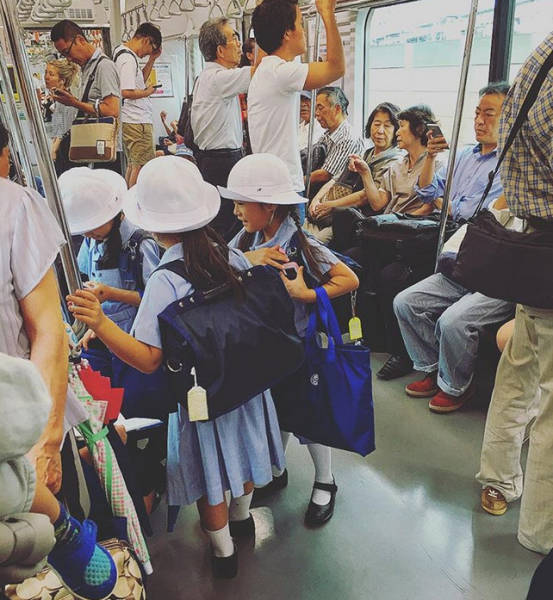
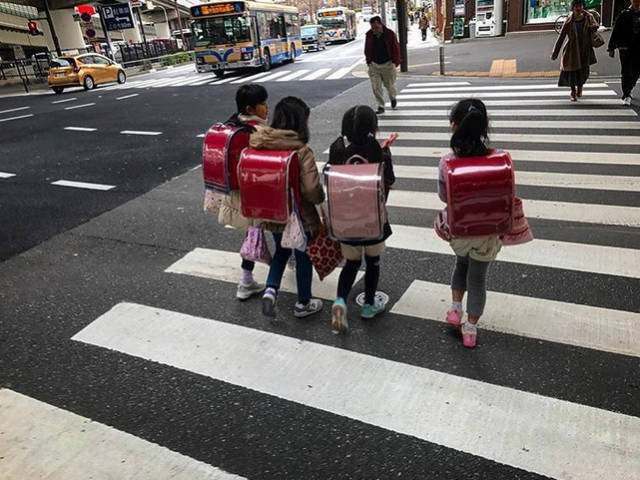
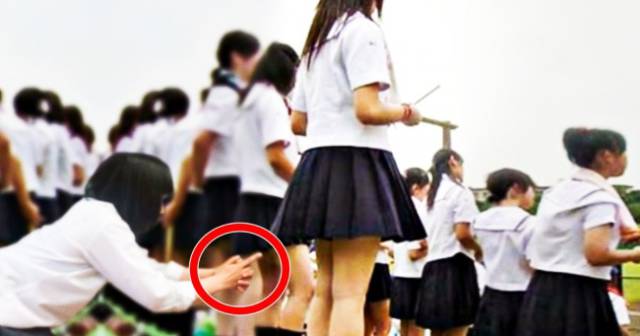
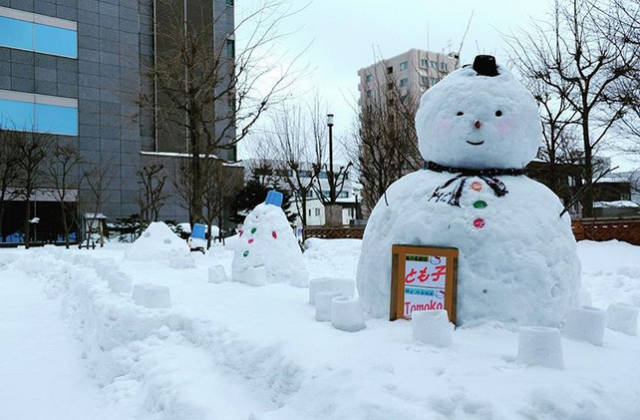
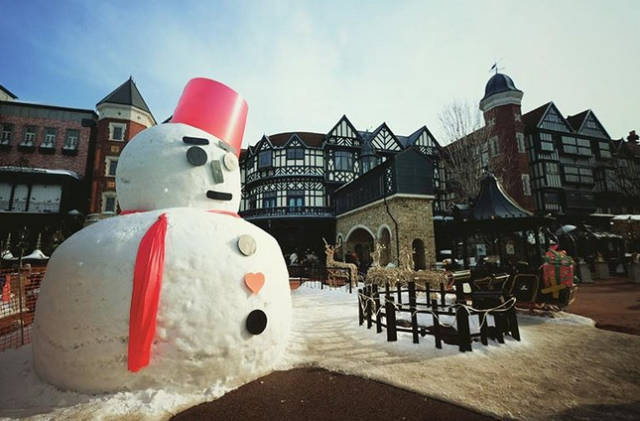
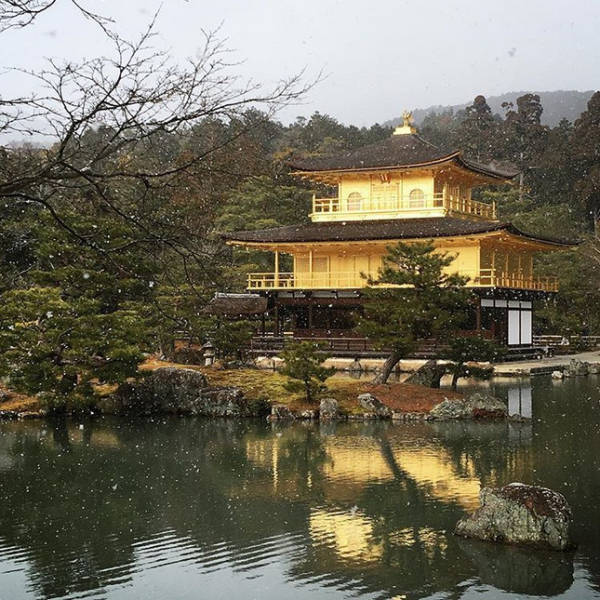
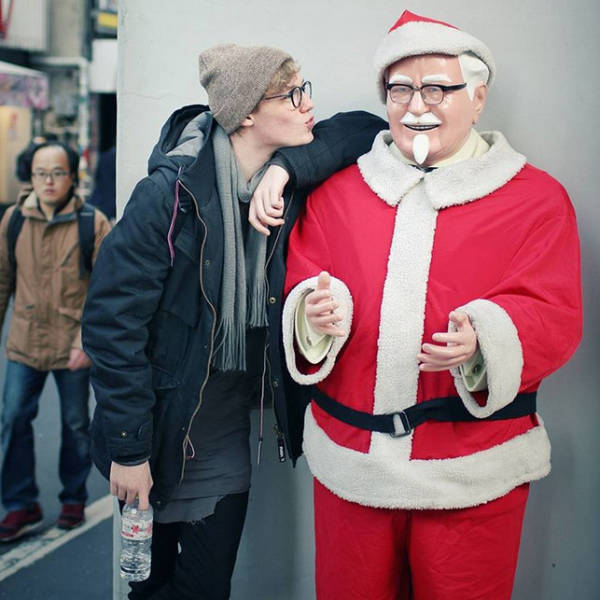
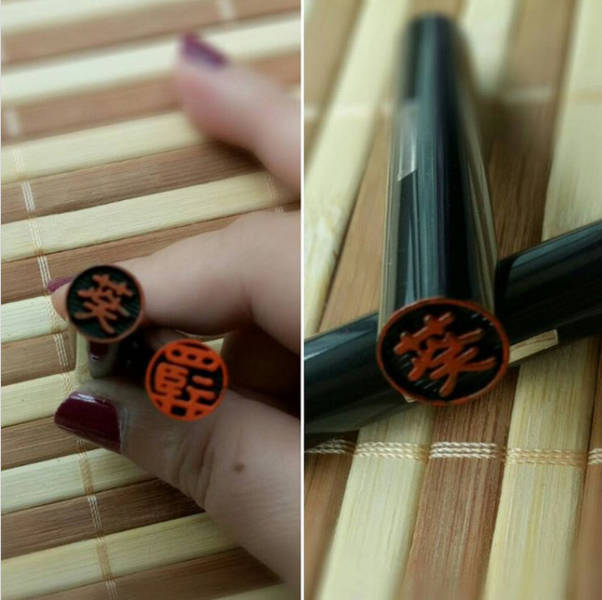
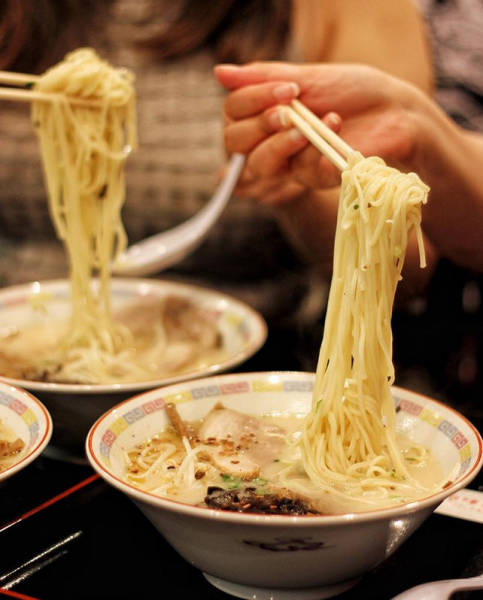
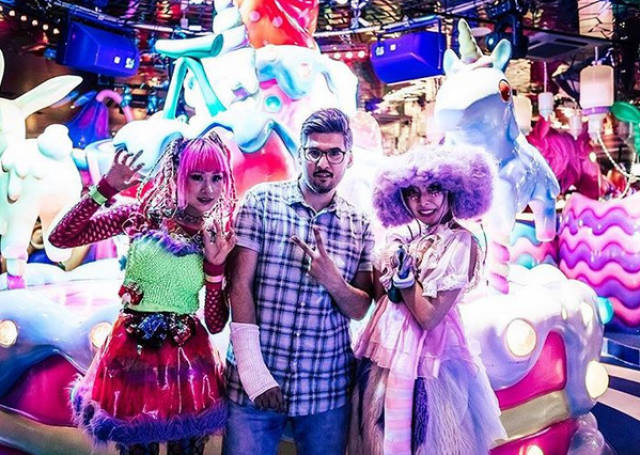


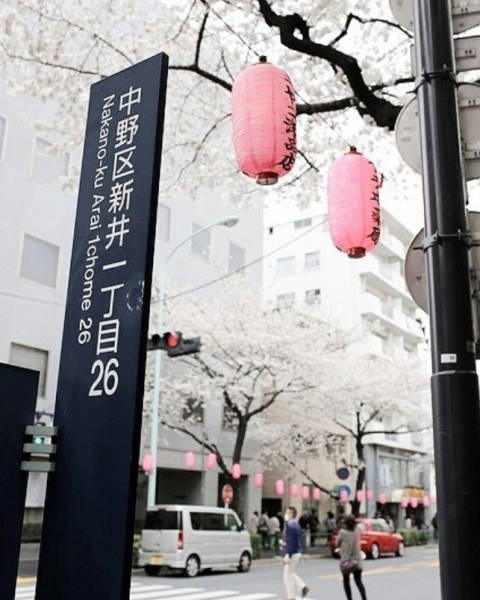
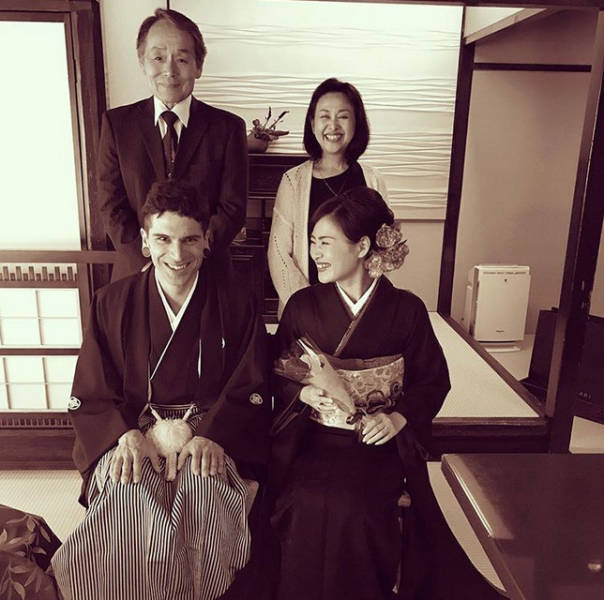
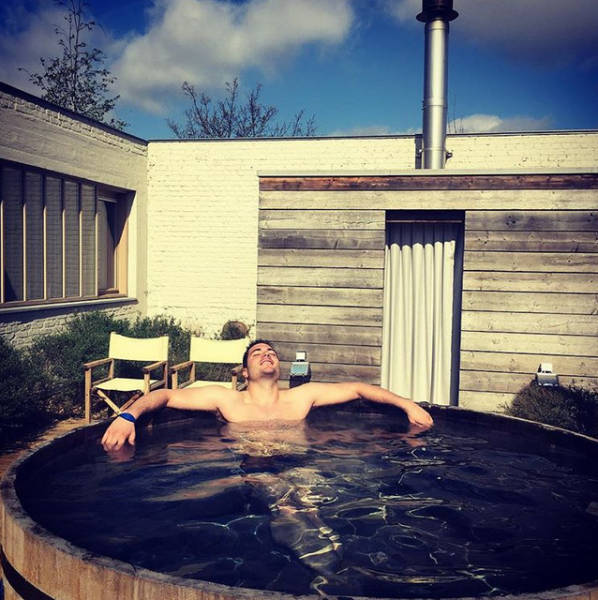

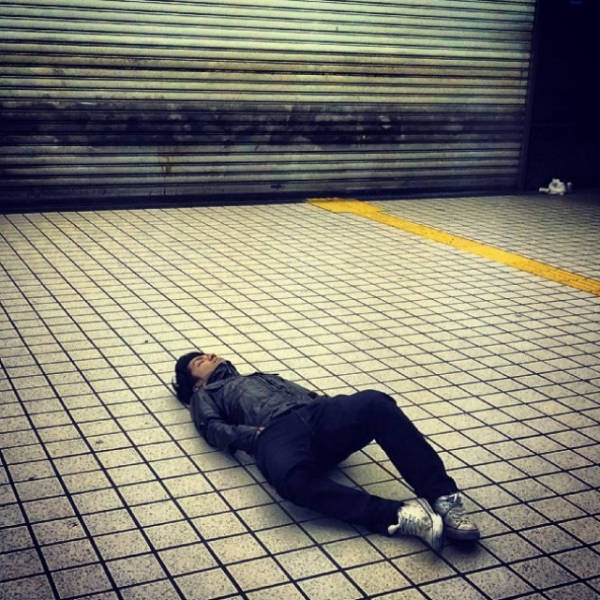
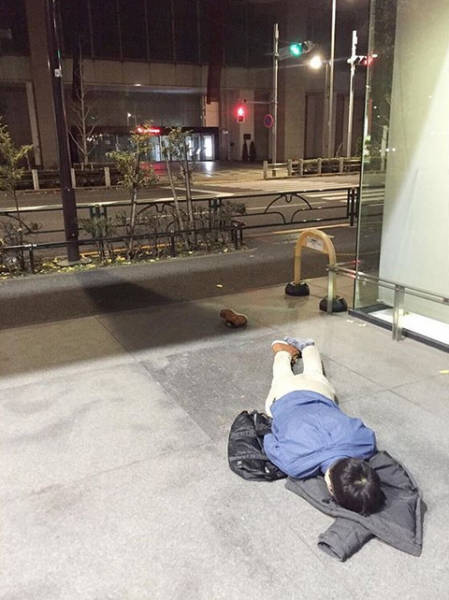
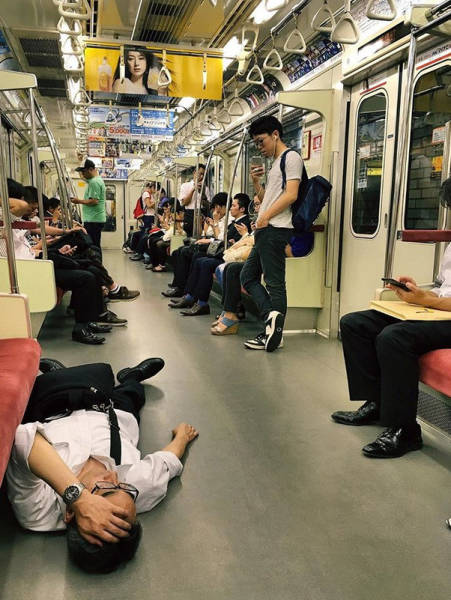
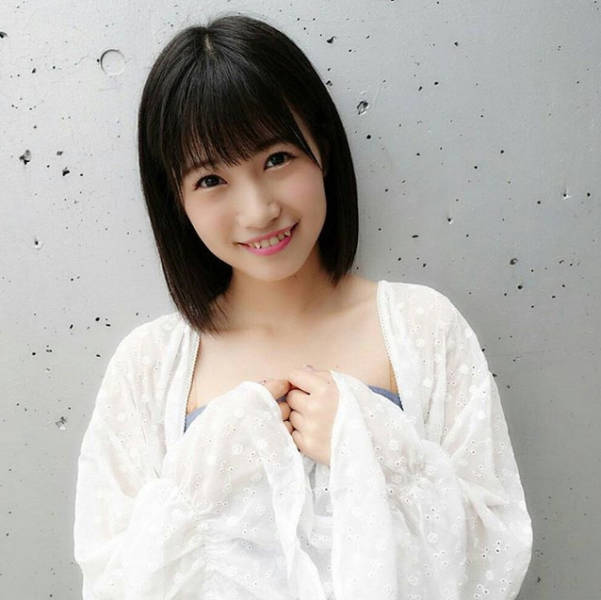
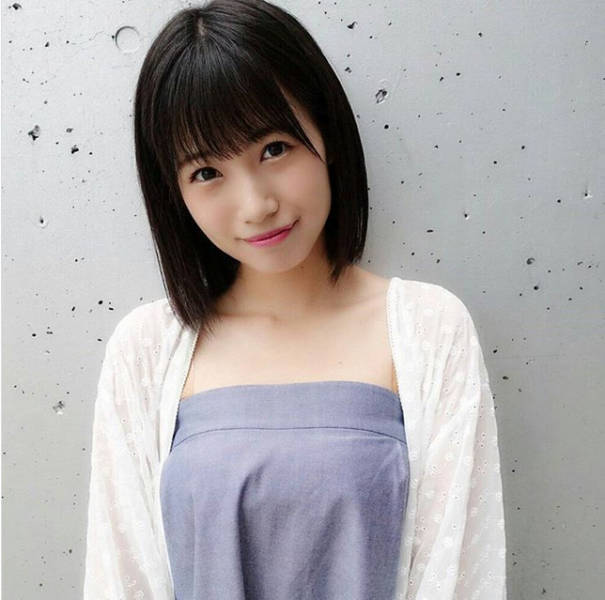
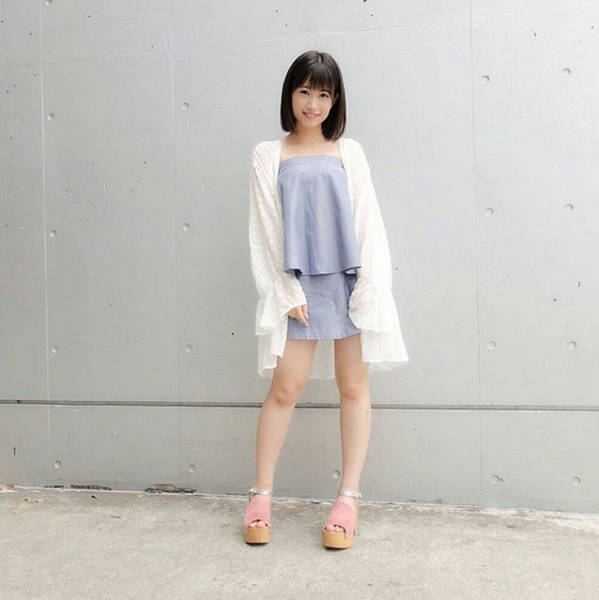



"Japanese people traditionally make snowmen with 2 snowballs, not 3 like the rest of the world."
specially in AFRICA !